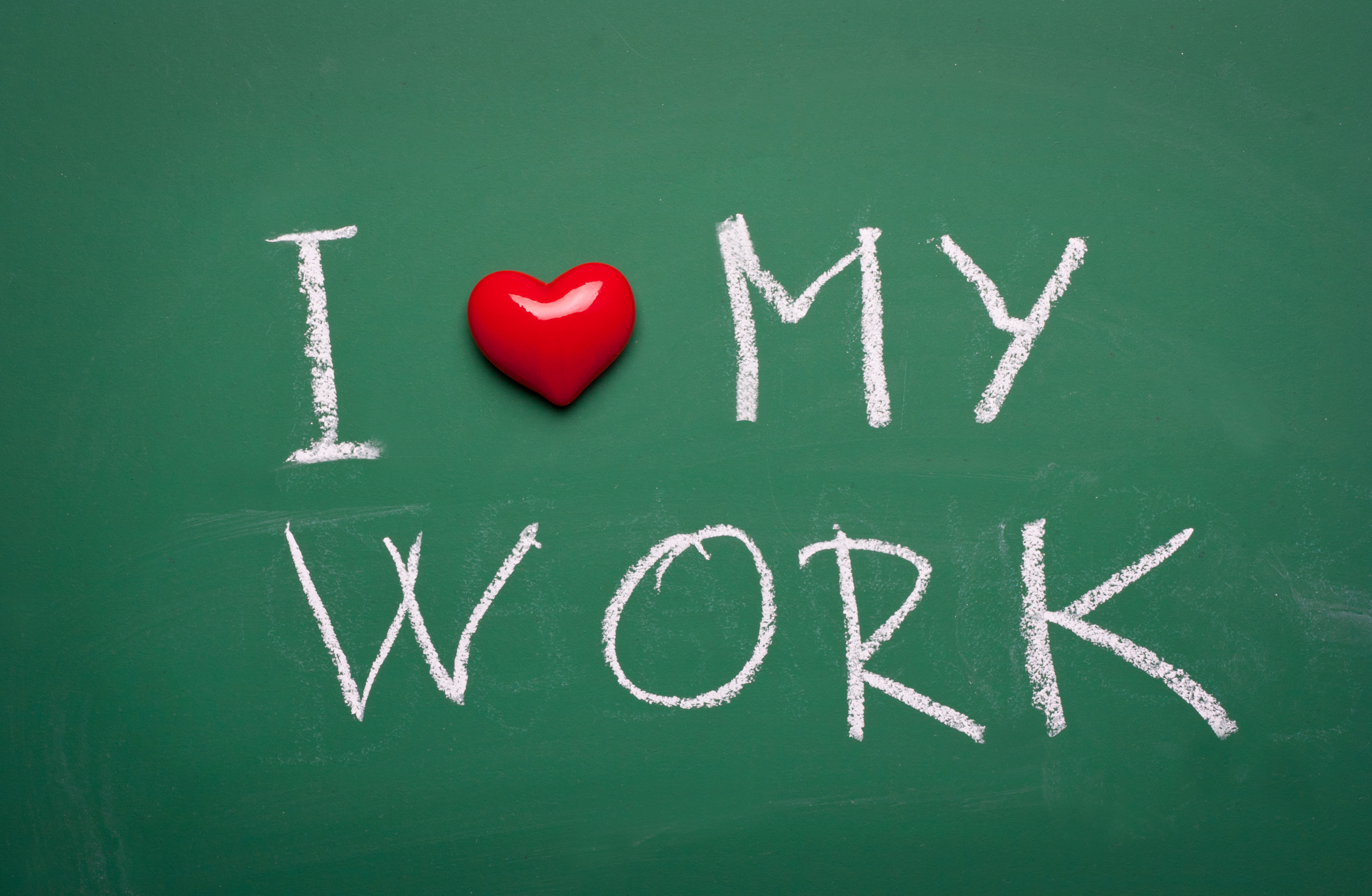Payroll
What Drives Workplace Happiness?
Happiness at work is something nearly everyone wants, but it varies by an employee's age, gender and field, among other factors. This is one of the findings of a new comprehensive study of more than 12,000 U.S. and Canadian workers by Robert Half, in ...
Dec. 20, 2016

Happiness at work is something nearly everyone wants, but it varies by an employee’s age, gender and field, among other factors. This is one of the findings of a new comprehensive study of more than 12,000 U.S. and Canadian workers by Robert Half, in collaboration with world-renowned happiness and well-being expert Nic Marks. The research examines key contributors to employee happiness and has been released in a new report, It’s Time We All Work Happy: The Secrets of the Happiest Companies and Employees.
“This research shows a high level of happiness at work among professionals overall, but also demonstrates unique challenge areas by occupation and company size,” said Paul McDonald, senior executive director of Robert Half. “For businesses struggling to attract and retain workers with in-demand skills, the report provides a roadmap for forging deeper engagement and commitment levels among staff.”
On-the-Job Happiness – Overall Findings
- Most professionals are generally happy. On a happiness scale of 0 – 100, those surveyed scored a 71.
- The power of pride. Having pride in one’s organization is the No. 1 driver of happiness overall for respondents. Those who feel proud of their organization are three times more likely to be happy than those who are not.
- Respect and appreciation go a long way. The second and third top factors driving happiness are feeling appreciated, and being treated with fairness and respect.
- Poor fit employees more likely to be headed for the door. One-third of workers (33 percent) say they will likely leave their current employer in the next six months; workers who report that they are not a good match with their employers are the most apt to leave.
Happiness by Company Size and Occupation
- Small business employees are happier. People working in firms with 10 or fewer employees have the highest happiness levels. Organizations with 10,000 or more employees report the lowest.
- Teaching, creative professions fare well. Those in the education and training sector, as well as marketing and design, report the highest levels of on-the-job happiness and interest in their work, while finance professionals were among those reporting the lowest levels on these two factors.
- Legal professionals the most stressed. Legal professionals report the highest stress levels at work, while technology employees cite the lowest stress levels.
- More engagement in the corner office. Senior executives have the highest happiness levels, while people working in sales and customer service are on the lower end of the spectrum.
- Accountants just want to be appreciated. Different professions have slightly different key drivers of happiness at work. For example, feeling appreciated is a primary factor for accountants, while doing worthwhile work is more important for marketing professionals.
Happiness by Age and Gender
- Millennials want to make their mark. For those ages 34 and under, a sense of accomplishment is the strongest determinant of happiness.
- For Gen X, reality might, indeed, ‘bite.’ Workers ages 35 to 54 are the least happy, most stressed out and least interested in their work.
- Experienced workers have more reasons to smile. Employees ages 55 and up report the highest levels of happiness on the job.
- Men feel more influential. In the United States, men fare better than women in nearly every aspect of happiness studied. The biggest difference was in the influence they have on business decisions, with 55 percent of men saying they are able to influence business decisions, compared to 47 percent of women.
Nic Marks, CEO and founder of Happiness Works, a firm that provides companies with tools to identify, measure and manage employee happiness, noted that happiness isn’t about feeling cheerful every day or avoiding challenges. “Work can be difficult and demanding, but if employees feel proud of what their organization does, respected as a person and appreciated for what they do, then they tend to be happy and do better work as a result. Happiness at work is a genuine win-win — great for employees and great for employers,” he said.
Added McDonald, “Happiness is not a nice-to-have, but a necessity for a productive and successful business. For professionals across all industries, much of happiness at work comes down to choosing the right role and the right employer.”
